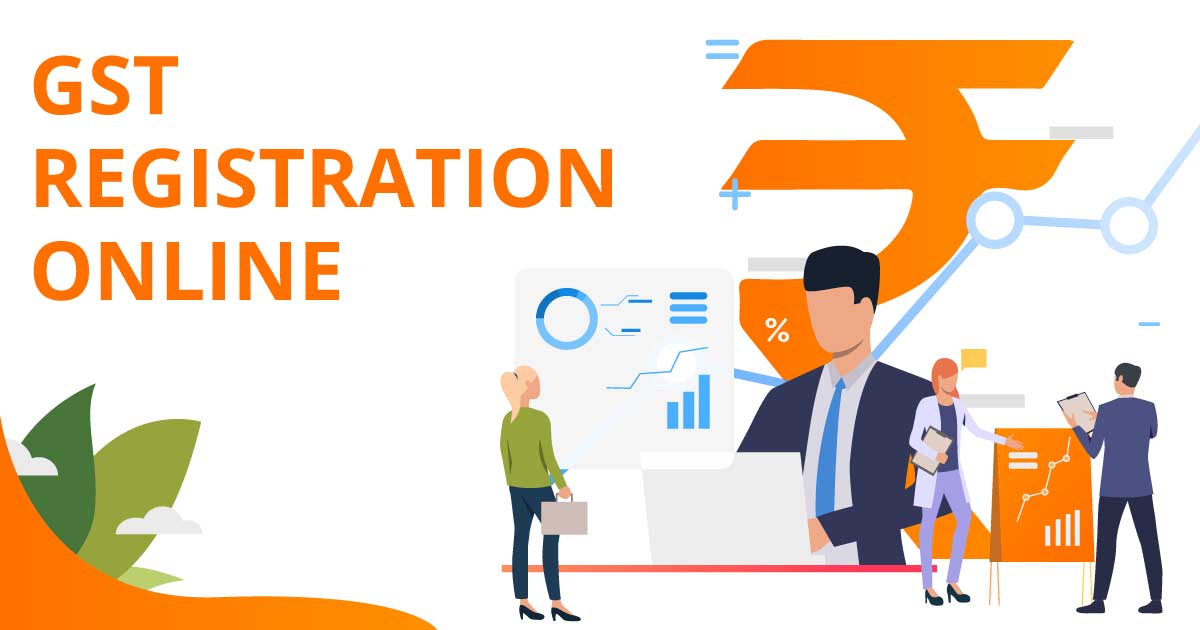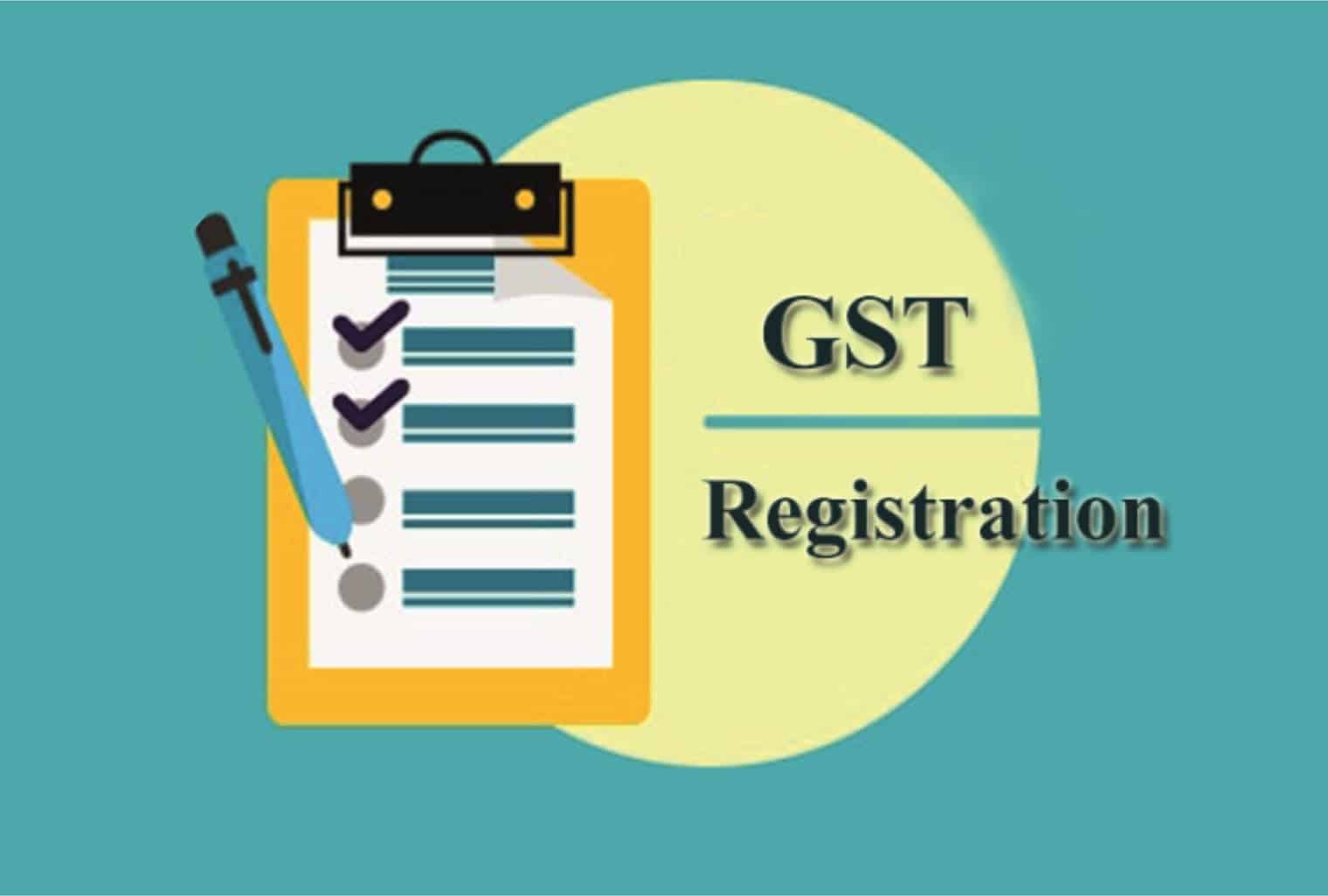Inexpensive Alternatives for the Best GST Registration Services in Singapore
Inexpensive Alternatives for the Best GST Registration Services in Singapore
Blog Article
From Beginning To End: The Ultimate Roadmap to GST Registration for Businesses Seeking Financial Stability
Navigating the intricacies of Product and Solutions Tax Obligation (GST) registration is a vital step for organizations making every effort for economic stability. From recognizing the basic concepts of GST to following post-registration standards, the procedure can appear discouraging at initial glance. Nevertheless, damaging down the roadmap right into convenient steps can simplify the registration journey for services aiming to improve their economic standing. Let's explore the important parts that compose this supreme roadmap and discover exactly how each phase contributes to laying a solid structure for economic success.
Recognizing GST Basics
Exploring the basic concepts of Product and Provider Tax (GST) is crucial for gaining a thorough understanding of its ramifications on services and the economic situation. GST is a value-added tax obligation imposed on the majority of products and services for residential consumption. It has changed multiple indirect taxes that existed in the pre-GST age, improving the tax obligation framework and improving convenience of doing business in India. Under the GST system, both solutions and items are exhausted at a certain rate, which is established based upon their classification. If their yearly turnover exceeds the threshold limitation set by the federal government, services are needed to register for GST. Input Tax Credit (ITC) is a considerable attribute of GST, allowing companies to declare credit score for tax obligations paid on inputs, lowering the overall tax obligation burden. Understanding the essentials of GST is crucial for organizations to follow tax regulations, handle their finances successfully, and add to the nation's financial growth by taking part in a clear tax system.
Qualification Standards for Enrollment
As of the present guidelines, the threshold limitation for GST enrollment is a yearly aggregate turnover of 40 lakhs for organizations running within a state, other than for special classification states where the restriction is 20 lakhs. Additionally, specific businesses are needed to sign up for GST irrespective of their turnover, such as interstate distributors, laid-back taxable persons, and companies liable to pay tax under the reverse cost mechanism. It is critical for companies to extensively assess their turnover and transaction types to establish their GST enrollment obligations properly.
Files Required for Enrollment
Having actually met the qualification requirements for GST registration, services have to now ensure they have the requisite files in place to wage the enrollment procedure efficiently. The files required for GST enrollment typically include proof of company constitution, such as collaboration deed, enrollment certification, or incorporation certificate for various kinds of services. In addition, services need to give documents establishing the principal business, such as a rental contract or electricity bill. PAN card of the business, as well as the identification and address evidence of promoters/partners/directors, are crucial for confirmation objectives. Financial institution account statements, along with canceled cheques or a duplicate of the bank passbook, are required to validate the economic details provided during enrollment. Additionally, organizations must have electronic trademarks all set for the licensed signature. Guaranteeing all these documents are organized and easily available will certainly speed up the GST registration process, allowing businesses to abide by tax regulations seamlessly.
Step-by-Step Registration Refine
Beginning the GST registration procedure involves a series of organized steps to guarantee a smooth and compliant registration for businesses. The primary step is to visit the GST website and submit the registration type with exact information of the service entity. Following this, the applicant gets a Temporary Recommendation Number (TRN) which is utilized to return to the application procedure if it's not finished in one go.
Following, all needed documents according to the checklist offered by the GST portal demand to like it be posted. These documents generally include evidence of business identification, registration and address evidence of promoters, monetary statements, and organization entity's frying pan card.

Post-Registration Conformity Standards

Final Thought
To conclude, organizations seeking monetary stability must recognize the essentials of GST, meet eligibility criteria, collect essential papers, adhere to the detailed registration process, and follow post-registration standards - Best GST registration services in Singapore. By sticking to these steps, services can ensure conformity with tax regulations and keep economic security over time
Additionally, certain services are required to sign up for GST regardless of their turn over, such as interstate suppliers, informal taxed persons, and businesses responsible to pay tax obligation under the reverse cost system.Having actually fulfilled the eligibility standards for GST registration, businesses must now ensure they have the requisite this hyperlink records in location to continue with the registration procedure efficiently. The files required for GST enrollment typically consist of evidence of company constitution, such as collaboration action, enrollment certification, or consolidation certificate for different kinds of companies. In addition, organizations require to supply files developing the principal location of organization, such as a rental contract or power expense.Commencing the GST enrollment process includes a collection of organized steps to make sure a certified and seamless registration for organizations.
Report this page